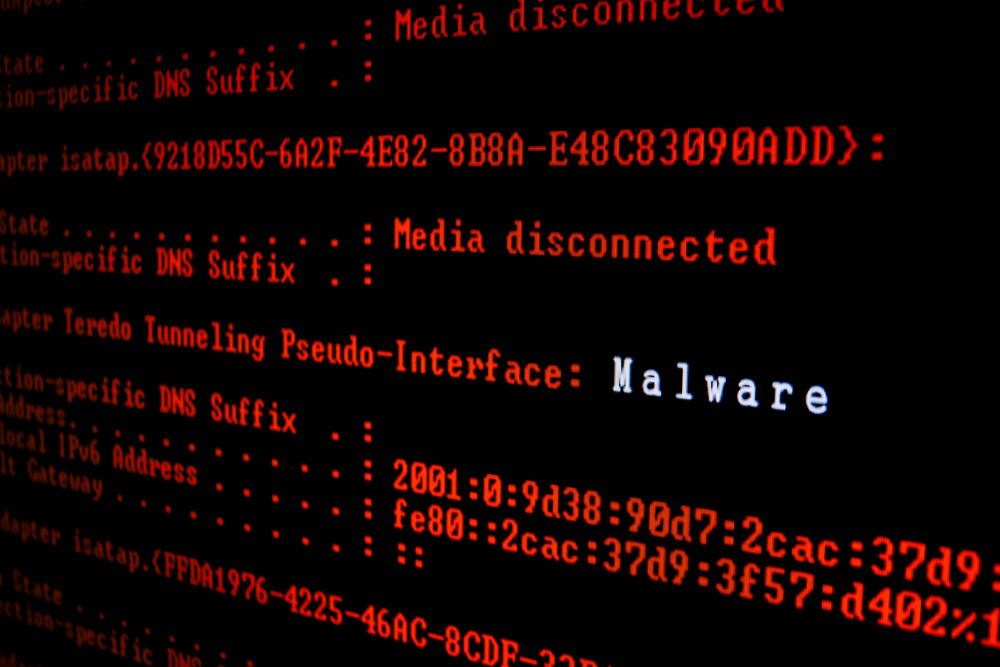Quick Guide to Identifying Legitimate Online Colleges
Learn how to identify accredited online colleges quickly and confidently. This guide covers verification methods, recognizing credible accreditation bodies, and using official resources like USDE and CHEA to ensure your online education provider is legitimate. Empower yourself with practical tips to avoid fraudulent programs and choose reputable schools that support your career goals.

Quick Guide to Identifying Legitimate Online Colleges
How to Quickly Identify Legitimate Online Colleges
Ensuring a college is accredited is vital for securing reputable employment after graduation, whether pursuing a vocational training or a full degree. When it comes to online education, choosing a truly accredited institution is crucial due to the presence of many fraudulent programs on the internet. If an online school offers suspiciously low tuition, excessive discounts, or other unusual financial incentives, verifying its accreditation status becomes essential. This article explains effective methods to confirm the recognition of an online school's accreditation.
Check the school’s accreditation status online
Accreditation can be institutional or program-specific. Institutional accreditation covers the entire college, allowing students to qualify for federal financial aid, which can be verified on the college’s official site. Using resources like the Department of Education or the Council for Higher Education Accreditation (CHEA), you can confirm if an accreditation body is recognized. Viewing lists of approved accrediting agencies can also help make an informed decision.
Distinguish between regional and national accreditation
While regional accreditation is often preferred by employers, both regional and national accreditations are reputable indicators of quality. Regional accreditation also simplifies credit transfers. Beware of terms like ‘international accreditation,’ which are often used by unaccredited or fraudulent institutions. Checking the accreditation status on official bodies' websites ensures credibility.
Determine if programmatic accreditation is necessary
For higher-level degrees or specialized fields requiring licensing, programmatic accreditation becomes crucial. Fields such as nursing or engineering typically need this specific accreditation, which is usually detailed on the program’s website. If not, contacting the program administrator directly can clarify accreditation status.
Verify accreditation through official channels
Most online program pages include accreditation information. If lacking, students should consult the Department of Education or CHEA websites or contact the school directly to verify credentials.
Use USDE and CHEA websites for verification
To verify accreditation, visit the US Department of Education or CHEA websites, enter the school's name, and search. The results will show whether the school is recognized, simplifying your evaluation process. Clicking on the school’s name provides detailed accreditation info.
Explore Accredited Schools Online
’Accredited Schools Online’ is a comprehensive resource listing accredited institutions across various educational levels and accreditation types. The site allows users to filter by degree, program, and location, providing essential information on application procedures, financial aid, and exams. It's a user-friendly platform for finding accredited online colleges quickly. Visit https://www.accreditedschoolsonline.org/ to get started.
To avoid enrolling in unaccredited or fraudulent schools, thoroughly understand the differences among regional, national, institutional, and program-specific accreditation. Following these guidelines and making use of publicly available resources will help ensure you choose a legitimate online educational provider.









